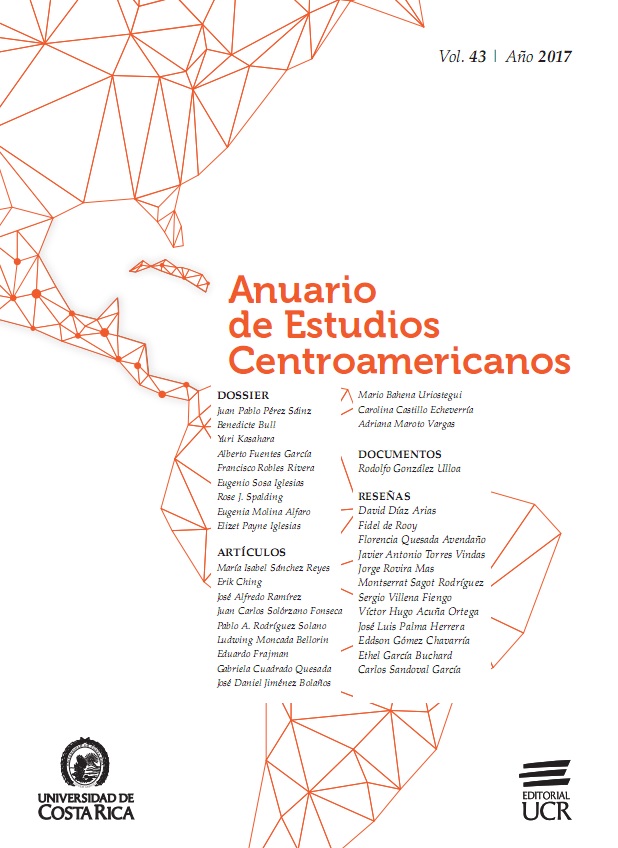Abstract
This study proposes a theoretical framework that combines two complementary approaches. First, building on the vulnerability scheme it suggests that during the 1970s and early 1980s, the industry faced the existential threat of a series of conditions of vulnerability, including widespread worker mobilization and the collapse of its main markets. This crisis fostered the search for new practices and business strategies. Second, following the “institutional logics” approach, the proposed argument posits that in this search, a small group of professionals, or “Apostles of Development,” inspired by the religious institutional logic, devised a series of novel practices and strategies in one of the industry’s mills. These same Apostles then diffused their new practices and strategies to other mills in the industry, thereby spawning the transformation. The article concludes with a discussion of the theoretical and practical implications of the case.
References
Bataillon, Gilles. Génesis de las guerras intestinas en América Central: (1960-1983). México: Fondo de Cultura Económica, 2008.
Beard, Avri. “Democratic oligarchs: Elites and political change in Guatemala and El Salvador”. Washington, D. C, 2001.
Bull, Benedicte. 2014. “The Development of Business Associations in Central America: The Role of International Actors and Economic Integration”. Journal of Public Affairs 14 (3-4): 331–45.
Coase, R. H. 1937. “The Nature of the Firm”. Economica 4 (16):386–405.
Dosal, Paul. 2005. El ascenso de las élites industriales en Guatemala, 1871-1994. Guatemala: Fundación Soros.
Friedland, Roger, y Robert Alford. 1991. “Bringing Society Back In: Symbols, Practices and Institutional Contradictions”. En The New Institutionalism in Organizational Analysis,
editado por Walter Powell y Paul Dimaggio, 232–63. University Of Chicago Press.
Fuentes, Alberto. 2014. “A Vocation for Industrial Transformation: Ideology, Organizational Isomorphism, and Upgrading in the Guatemalan Sugar Industry”. Studies in Comparative International Development 49 (3): 370–401.
Fuentes, Alberto, y Seth Pipkin. 2016. “Self-discovery in the dark: the demand side of industrial policy in Latin America”. Review of International Political Economy 23 (1): 153–83.
Granovetter, Mark. 2010. “Business Groups and Social Organization”. En The Handbook of Economic Sociology, 429.
Marquis, Christopher, Mary Ann Glynn, y Gerald F. Davis. 2007. “Community Isomorphism and Corporate Social Action”. Academy of Management Review 32 (3): 925–45.
Maxwell, John. 2002. “Understanding and Validity in Qualitative Research”. En The Qualitative Researcher’s Companion, 37–64. Beverly Hills: SAGE Publications.
Melville T, Melville M. 1971. Whose Heaven, Whose Earth? New York: Alfred A. Knopf.
Molina, Jose. 2005. De trapiche a ingenio. La aventura de una empresa familiar, Ingenio la Unión. Guatemala: Galería Guatemala.
Paige, Jeffery M. 1998. Coffee and Power: Revolution and the Rise of Democracy in Central America. Harvard University Press.
Palencia, Mayra. 2002. El estado para el capital: la arena fiscal, manzana de la discordia entre el empresariado y el poder público. FLACSO, Sede Académica Guatemala.
Paul VI, Pope. 1967. Populorum Progressio (On The Development Of Peoples).
Porras, Gustavo. 2009. Las huellas de Guatemala. F&G Editores.
Schneiberg, Marc, Marissa King, y Thomas Smith. 2008. “Social Movements and Organizational Form: Cooperative Alternatives to Corporations in the American Insurance, Dairy, and Grain Industries”. American Sociological Review 73 (4): 635–67.
Schneider, Ben Ross. 2013a. Hierarchical Capitalism in Latin America. Cambridge University Press.
Scott, W. Richard. 2013. Institutions and Organizations: Ideas, Interests, and Identities. SAGE Publications.
Segovia, Alexander. 2004. Modernización empresarial en Guatemala: cambio real o nuevo discurso? Guatemala: F&G Editores.
Segovia, Alexander. 2005. Integración real y grupos de poder económico en América Central: implicaciones para el desarrollo y la democracia de la región. Fundación Friedrich Ebert.
Thornton, Patricia H. 2002. “The Rise of the Corporation in a Craft Industry: Conflict and Conformity in Institutional Logics”. Academy of Management Journal 45 (1): 81–101.
Thornton, Patricia H. 2004. Markets from Culture: Institutional Logics and Organizational Decisions in Higher Education Publishing. Stanford University Press.
Thornton, Patricia H., William Ocasio, y Michael Lounsbury. 2012. The Institutional Logics Perspective: A New Approach to Culture, Structure, and Process. OUP Oxford.
Torres-Rivas, Edelberto. 1989. Crisis del poder en Centroamérica. Editorial Universitaria Centroamericana.
Valdez, José Fernando, y Mayra Palencia. 1998. Los dominios del poder: la encrucijada tributaria. Guatemala: FLACSO/Programa Guatemala.


